The Preface to the book includes John Saxon’s Math War History and is a MUST LISTEN! The text is also included in that post in case you would prefer to read.
Introduction to John Saxon’s Story read by Niki Hayes
John Saxon’s Story Book Website
When John Saxon became a junior college algebra teacher after his military retirement, he was stunned by the mathematics deficiencies in his students, and the weak teaching materials he was asked to use.
So he wrote and published his own algebra book in 1981. When he died in 1996, Saxon Publishers had annual sales in excess of $27 million.
In this book, Nakonia Hayes tells the story of his life, his publishing venture, and his impact in the field of mathematics education.
Author: Nakonia Hayes Publisher: Three Pup Press Format: 400 pages, paperback ISBN: 9780578051222
Chapter 1: A fitful start
“Even then, being lied to as a child bothered me.”
John enjoyed a good story but he was even better at telling one. He could weave what seemed to be disparate events into a rich and complete image.1 He could recall minute details of childhood events and adventures, often being painfully honest about those memories. He was good about trying to smooth over such situations, however, especially when they involved his father.
His first real childhood memory was as a four-year-old, crying in the arms of a policeman after he got lost at a fair in Okeechobee, Florida. His father had moved the family there in 1927 to open a real estate business. “My Daddy was a promoter but he didn’t have the touch for handling money. Land prices collapsed and his real estate business went bust; he lost everything. We went back to live with Mimmy’s momma. Daddy would shoot ducks out of the front of the car for us. He got a job as principal of the high school in Moultrie.”2
His father then was hired as superintendent in Quitman, Georgia. “I remember I was six or seven years old and Daddy woke me up about two in the morning to see the school building on fire. There was this big tube that had just been finished that was supposed to be a fire escape and we kids were supposed to use it the next day. But,” he grinned, “some other boys and I had already done that the day of the fire.”3
Before John started the first grade at that school, he went to visit the classroom. The first graders were allowed to shoot bows and arrows so the teacher gave him a bow and some arrows to shoot. After using the bow, John said the teacher bragged on him, saying he did better than any of her first graders and she was going to give him the bow and arrows. “I remember that was the first lie I recognized from a grown person. I knew there was no way I could shoot that bow and arrow better than all the first graders. Even then, being lied to as a child bothered me.”4
In the second grade, John decided to wear no shoes to school the whole year. “In those days, kids didn’t wear shoes to school,” he said, “but in the winter, you’d have to wear shoes. I made it until Dec. 13.” He remembered a friend who had a pimple that developed into blood poisoning and died. “We didn’t have penicillin then.” Otherwise, John said everything in Quitman was just like God intended. “It was like I was a little boy in Nazareth.”5
That same year John learned, but didn’t realize it yet, what parent involvement meant to a student’s education. Mimmy often stood behind him at his desk at home and tapped him on the head or wrist with a pencil to keep his attention. In a 1995 radio interview, John said, “If a student is not wildly enthusiastic, a parent has to do what my momma did with me. She made me do my homework.”6
He said one time she was teaching him to spell and she said, “Spell cat and I said c-a-t.” She said, “Spell us and I said I didn’t know how.’” She said, “u-s.” Then she said, “Spell rat and I said r-a-t.” To his surprise, she again asked him to spell us and he said to her, “I just did.” John said she just kept on coming back to ‘us’ because “she was not getting my attention.”
He told about visiting the house where that specific learning event took place. “I lived at 201 S. Court St. in Quitman in 1931. Last year, I was back there and asked the lady if I could walk in the house where I had lived for four years. I could pick out the places on the floor where the two parts of the pencil fell when it was broken over my head for not being able to spell us until about the tenth time Mimmy asked me to spell it. We just kept working on spelling the word us.”
**********
The Depression years were not as hard on the Saxon family since his father’s contract as superintendent of Quitman schools had been renewed for 1933. Under a Dec. 8, 1932, newspaper headline that declared, “Greatest Unemployment Crisis of All Times,” there was an announcement for “Salaries Listed for Quitman School Teachers.”7 It stated that Supt. J. Harold Saxon would earn $3,000 yearly, or $333.33 per month.
In 1934, when he was 11 years old, John developed lock jaw from stepping on a ragged metal window weight in a burned down house. Even though he almost died, he said he woke up about two o’clock one morning and saw Mimmy sitting in a chair in his room. He said to her, “Let’s tell jokes.”
He said the only joke that Mimmy knew was about a Catholic woman running to church and asking a little boy if mass were out. “No, but your placket is open,” the little boy said. John didn’t know what that was, but it was all Mimmy could come up with and that satisfied him. He learned later that a placket is an opening in a woman’s clothing, such as a skirt or a blouse.
In 1936, his father was allowed to take a paid trip to a national convention in Portland, Oregon. Besides Mimmy and the two kids, his father’s secretary made the road trip with them across the country. “Those cars had narrow seats!” recalled John, and, “Of course we had no air conditioning.” They stopped in Juarez, Mexico, because Mimmy and Daddy wanted to see a Mexican nightclub. They discovered it was a disappointing experience. In Washington, the kids saw snow for the first time that was on Mount Rainier.
He recalls how it was okay going out West but it was really hot in Kansas on the return trip. “I remember there were grasshoppers everywhere.” They would open the vent under the dashboard and put a pan of ice in front of it, trying to cool off the car’s interior. In Kansas City, it was so hot they took the mattresses from the motel and put them outside to sleep. When they got home, they were one mile short of 10,000 miles, “So we got back in the car and drove one more mile.” John saw it all as “a great adventure.”
Then when John was in the eighth grade, his father was appointed head of the accrediting agency for schools, a political job in return for his father’s support of Ed Rivers, who was elected governor of Georgia. That meant the family had to move to Athens, where John would be in the ninth grade. Because of John’s small size and, evidently, “because there was something wrong with my growth,” his parents decided to have him repeat the eighth grade.8 None of the kids knew him, his parents surmised, so it wouldn’t be a big deal. He didn’t grow much, as the family had hoped. In fact, when he was graduated from high school, he was 5’7” and weighed about 100 pounds.
John’s scrawny size didn’t keep him from trying to win a boxing medal, though—without fighting. He had thought no one would be in his weight category, “but a boy signed up and beat the hell out of me.”9
When they first moved to Athens they rented a house but Mimmy thought that was a waste of money and they decided to buy a house. “Mimmy was good at pinching money,” he explained, “because Daddy didn’t make much.” This was about 1938. Mimmy also took in five college boys as roomers—“not boarders because we didn’t provide food.” The boys each paid $10 a month. “Mimmy wasn’t too proud to run a rooming house,” he said.10(Although Mimmy was a certified teacher, it was common in that era for women teachers to have to quit their jobs if they married.)
While in Athens, John talked his father into joining a country club for $30 a year so he could play golf. “Our school got out at 1:30, so I could be at the golf course by 3 o’clock. I loved that golf course.”11 When he wasn’t in school or playing golf, John had a newspaper route that gave him “nice pocket money.” The family attended the First Presbyterian Church and he spent the summers with Mimmy’s mother at Fort Valley, Georgia.
As a new kid in Athens, however, John didn’t fit in with the students who had grown up together. They had boys’ clubs in the high school, for example, but he wasn’t invited to join. It would appear he did focus on his studies as he took Latin, Spanish, and French. As a senior, John got his first taste of military training by taking a course with the Reserve Officer Training Corps (ROTC). His school certificate shows he graduated as a “cadet sergeant.” There were 160 graduates in his high school senior class of 1941 and, he inserted, “maybe five of them had cars.” The summer after graduation, he tutored University of Georgia students in math for extra money.
“The only real job I ever had was pulling ropes in the peach orchards. [This is tying ropes around scaffolding that keeps heavy-laden fruit trees from breaking.] It was blazing hot. No one ever asked how much they were getting paid because you just took whatever they gave you. I think I made 15 cents an hour, 8 a.m. to midnight. That was a lot to help pay for bowling at a nickel a line.”
**********
John confessed he didn’t have a very good idea of what the “name of the game” was regarding school and studying, but his report cards showed he was a strong student, at least through high school. That would change when he enrolled in the University of Georgia. Since it was in Athens, Mimmy worked as a housemother for the Kappa Alpha fraternity which did not include her living at the house but it did allow John to become a “frat man” in July, 1942. It was also a way for him to go wild, he said, especially when the Georgia Bulldogs won the Rose Bowl in 1943 [Georgia 9, UCLA 0].
It was around Christmas time of his freshman year at the university that his parents realized he wasn’t studying as he should. They asked if he wanted to go to North Georgia College, one of four senior military colleges in the nation located in Dahlonega. “Fine with me,” said John.12He lasted for two quarters. Having returned to the University of Georgia, John continued his less than illustrious academic record. His signature story of that time is about his failing his trigonometry class and the swift action his father took.
“Knowing that I had failed trigonometry twice, when Daddy met my trig professor on the campus one day he asked how I was doing. The professor said, ‘John could make an A in my class if he would just come to class. He’s only allowed four cuts and he’s already had his fifth one and I’m going to have to fail him.’”
During that conversation between his father and the professor, John said he was playing a card game of “four hearts with a 21-year-old female student” in the student union building. He suddenly sees this look of horror come over her face about the same time he feels his body being lifted out of its chair; his knees knocking the table over and his being carried with feet dangling above ground to the outside of the building.
“I am pleased that my father did not kill me that day,” says John.13 He did manage to earn an A in trigonometry that semester.
**********
While John attributes his ultimate success in college both to Mimmy and his father, there was a raw emotional side to the father-son relationship that he could never fully reconcile. Because of his small size and often hyper energy, John proved to be a source of irritation to his father, a 200-pound man who had played college football. John’s sister said it was as though her father didn’t realize he was picking at his son and making him feel stupid.14 John himself recalled the time, for example, that his father, as the school principal, decided to group students according to their ability. He put John in the “dumb” group. Parents fussed about the grouping, particularly those whose children were placed in the dumb group, and Principal Saxon had to reverse his decision.15
John went to a summer camp where he got a merit badge in canoeing. He said his daddy thought teasing was fun and he kept telling John how much the family was missing him. John started crying and asked to come home. Another teasing situation took place with the family bull they had to keep for their cow to produce a calf and thus produce milk.
Normally, when the bulls were about six months old, John would ride them. One year he let the bull get “a little too big” and he was having a hard time staying on him. “I asked Daddy to put me back up on the bull. Daddy thought it was real funny to put me up there backwards. The bull started bucking and I fell off and got hurt.” he said, “I don’t know what was wrong with Daddy and me. We just never did make it. Daddy never could talk with me.”16
In a written history of the family maintained by John’s daughter Selby, his sister said she believed that if John had been bigger and able to play football, his father would have loved him, but he was not. 17 “What Pop should have done was take him to the golf course because he would have been great at that,” she said. Pop didn’t pay any attention to either one of them, but she didn’t know he was supposed to. “Pop loved me and that’s all I knew.” Fathers during that time, she said, didn’t show their emotions to their children.
Anne wrote, “I remember in Quitman there was a girl who made all these silly noises and John would copy her because that was cool. It just made Pop furious.” On that auto trip out West in 1936 that John recalls as a “great adventure,” his sister remembers they were at a place to buy tickets and the woman would ask a question and John would immediately give the answer.
Finally the woman turned to another person and said, ‘It’s a good thing they brought Sonny along.’ Pop heard it and whenever they stopped at hotels and had to fill in forms, Pop would say, ‘Good thing we brought Sonny along.’” She believed it was meant to tease John but wondered if it made him feel stupid.
There was another time when there were ripe olives in the larder. They disappeared and John was accused of throwing them away because he didn’t like them. He cried and kept saying he didn’t…he didn’t. “But Pop wouldn’t give him any slack; it was a shame,” she said.
When he was a little boy, John would take a bath in a tub of water and then he was to stand in front of the fireplace to dry off. His father was standing in front of him and said, “John, turn around.” John made a 360-degree turn and his father became angry. He had meant for John to turn from the back side to the front side so he could dry him off. John’s literal understanding of directions was evidently seen as obnoxious behavior, rather than a misunderstanding.
There was one special time that Anne said she really felt sorry for John. “He was little in high school and I guess he just reacted to that, but one time he got the glamorous girl in his class to go out with him. He was so excited. That Saturday, we had gone to town and John kept saying, ‘Please let’s go home. I have to get ready.’ Well, Pop didn’t pay any attention to him and we stopped at other places on the way home.
John was about to jump out of his skin. When we got home, he rushed around to get ready and get to her house. He called her on the telephone to tell her he was coming and she was gone. John left the house anyway. When he got home and was asked how the date went, he covered the situation and said, ‘It was fine.’ That was Pop’s fault. He should have rushed home for John.”
In recent years, Anne said she was telling the person how successful her brother was with his book company and that he had done it “on his own.” It would appear that John had learned how to move forward in spite of obstacles, whether physical or emotional. It would also be shown that he was, himself, an outstanding father to his children.
End of Chapter one
Jenny Hatch wrote the book Uncommon Lore for Parents interested in Home Schooling. In this book she shared her gems from the Home Schooling Trenches.
An Excerpt from the book is Here and a second one is HERE. Jenny first contacted Niki is 2013 and was gifted a copy of her excellent book, which she has read three times.
The Math Wars have escalated to such a degree that many people are wondering what is going on in Math Education.
Niki has the answers and she and I are using every multi media platform available to shout it out to those curious to know HOW we arrived at this current juncture in intellectual endeavor.
Jenny Hatch
Boulder, Colorado USA
Musings on Music - Music and Math are a great foundation to build a homeschool on!
A few thoughts for the homeschooling parent
*This post was originally published on The Natural Family BLOG in 2013. We use Saxon Math textbooks exclusively for our family!
Jenny Hatch
As a Homeschooling Mother myself, my target audience in sharing on the Web is in fact home schooling Mothers who may be feeling overwhelmed with the idea of teaching Music to their children.
Read my book Uncommon Lore!
I was so blessed to grow up in a family where music was the focus. My Mother taught Piano, was a dancer and a musical theatre director. She also conducted numerous choirs and has composed her own songs and hymns. She is also a gifted arranger and taught all of her eight children to sing, dance, act, and how to play the piano and the organ.
My older children have benefited from the musical foundations that my husband and I instilled into them and with Ben, we have made the study of music a huge part of his middle school education.
I challenge you to take on the task of teaching music to your children!
There is no doubt that the many music classes I took in school, the choirs, the shows, the dance classes, and the performing opportunities that were always around me had a huge impact on my abilities and desires to teach music to children as an adult.
But it is the early memories of dancing around the living room, singing around the piano, and listening to my parents sing to us as Dad played the guitar that had the most profound impact on my heart and mind.
All parents can sing to their children!
Music engages our children’s brains in unique and special ways.
When a child sings and plays an instrument at the same time, both sides of the brain are engaged and there is a crisscrossing of neurological skills that is visible in the younger students.
Ben meets Kevin from Pentatonix!
I watched this as I taught my musical theatre class this past year. I would teach the children the words and notes and once they had the songs memorized I taught them the choreography. As soon as they started to dance, they would forget to sing and when I reminded them to sing, they would forget to dance.
We made a game of it and I tried to work with them very gently and in a fun and upbeat way. As they would dance together I would shout out…remember to dance – and if one of the children started doing it, I would lavish praise and joy on him or her and stop the song and have all of the other children look and applaud.
It was amazing to see those neurons open up during class. I could literally witness the brain changes and growth as we moved through the three hours of class. We only had one practice a week, and this was intentional, because the children needed time to process this difficult skill and time to step away and do other things during the week.
Children today are often over scheduled and overwhelmed by the many demands that modern life places on them.
Jeff and Ben with a whole wheat cake!
The wise homeschooling parent will recognize the need for play, for the work of childhood is play!~
“Play is often talked about as if it were a relief from serious learning. But for children play is serious learning. Play is really the work of childhood.
Fred Rogers“
One of the great gifts the homeschooling child enjoys is a tremendous amount of time spent in play.
When we were in class we were on task the whole time moving from activity to activity in a flurry of fun. Whenever I noticed that I was losing interest, we switched activities and I always had one or two music games or activities ready to go at a moments notice to constantly engage their curiousity.
The little ones under the age of 8 would occasionally zone out daydreaming and I did not discipline or shame them for this in any way. During those quiet “zone out moments” much is happening in the mind of a child while they experience a “reconciliation” or settling phase of learning as they integrate what was just taught.
With Ben it has been fun to walk this musical journey for the past 12 years.
I sang to him daily while I was pregnant and he loved the lullabies and hymns I sang to him when he was a child.
I started teaching him piano very early and he had about zero interest in it until he was about 8. His brother learned a song on the piano and he decided to teach Ben. This illustrates so well the impact of siblings and other loved ones and friends influence on our children. If Mom is having difficulty teaching a child to love or appreciate music, the mentoring of an older sibling or friend can be invaluable.
We have dabbled in piano, recorder, guitar, drums, and music theory, with short little lessons that lasted for no longer than five minutes. Mostly I have tried to seize moments when they appeared and strongly encouraged him to sing in choirs and perform this past year even when he did not seem interested.
Today he spent a few minutes working on his Dads guitar. He prefers the strings because his own guitar has steel strings and it is difficult to play. As he worked I realized we were having a breakthrough music moment. He had the song sheet to Halleluia and was attempting to use the music chords chart I bought for him months ago to figure out the five chords for Halleluia.
He came running into my bedroom and told me that he was able to hear the song in the chords. He started to play and I hummed along. Then I asked him if he thought he could play while I sang it. He looked doubtful, but then he just started to play. I sang it through a couple times and then he decided on his own to sing it while he chorded on the guitar.
As his excitement grew I knew that we had to record this moment in time. So I asked him if he would feel comfortable taping him singing and playing.
He was a little skittish about it, but then he said, “OK”. He really did not want to record until it was perfected. I use recording during my voice lessons to help my students self critique their performances. Often they have no idea how they look or sound to an audience until I video tape them and they are able to watch. This is a powerful way to help teach performance skills.
When Ben finished the first verse of the song I asked him if he would be OK explaining on video how his musical training has helped him get to the point where he could easily learn a five chord song in an hour on the guitar. So we taped his testimonial and here it is:
So much is going on in this little one verse performance.
And Ben being able to do it as a 12 year old is a witness to me that the slow and gentle style of learning works best for him! If I were to add up all of the hours I spent “teaching” him music as a teacher would teach a student, it would probably be no more than ten hours total over his whole life.
But if I were to add up the hours spent in musical efforts around our home, it would total thousands upon thousands of hours spent singing, dancing, playing, and listening to music.
Andrew and Ben accompanying Jeff as he sings to his new bride.
Bens other great love is Soccer.
It is in those supposedly “non-productive” moments of family life where the most powerful music lessons are taught.
If you as a homeschooling parent will simply make music a part of your home environment and then purchase a few simple tools, a beginning guitar, the guitar chord chart, a music theory book, and a few rhythm instruments, a keyboard, a drum pad, a recorder, etc etc… and then gently and systematically begin and be ready to seize the moment…if you will do this, I believe you can have a huge influence on your child’s musical abilities.
For the past six months since we purchased his guitar I have quietly nudged him to open it up, play around on it, tune it…and he did here and there, but mostly he did nothing. But this morning he has spent over four hours working mostly on his own without any more input from me than the initial – “why don’t you play while I sing?” question, and then stepping back and letting him learn on his own.
When his Papa came home for lunch he proudly pulled out the guitar and gave his best performance of the morning for Dad.
Math and Music are a great foundation for any home school!
Musical Magic happens BEST in a small family setting!
Jenny Hatch
PS Whenever my child says he taught himself music, I just gently nod and agree. Yes you did! Yes, you really did!
A mashup of music clips from December 2022!
Savior Redeemer
Christmas 2022 - Ben age 20 singing Blackbird for his mama!







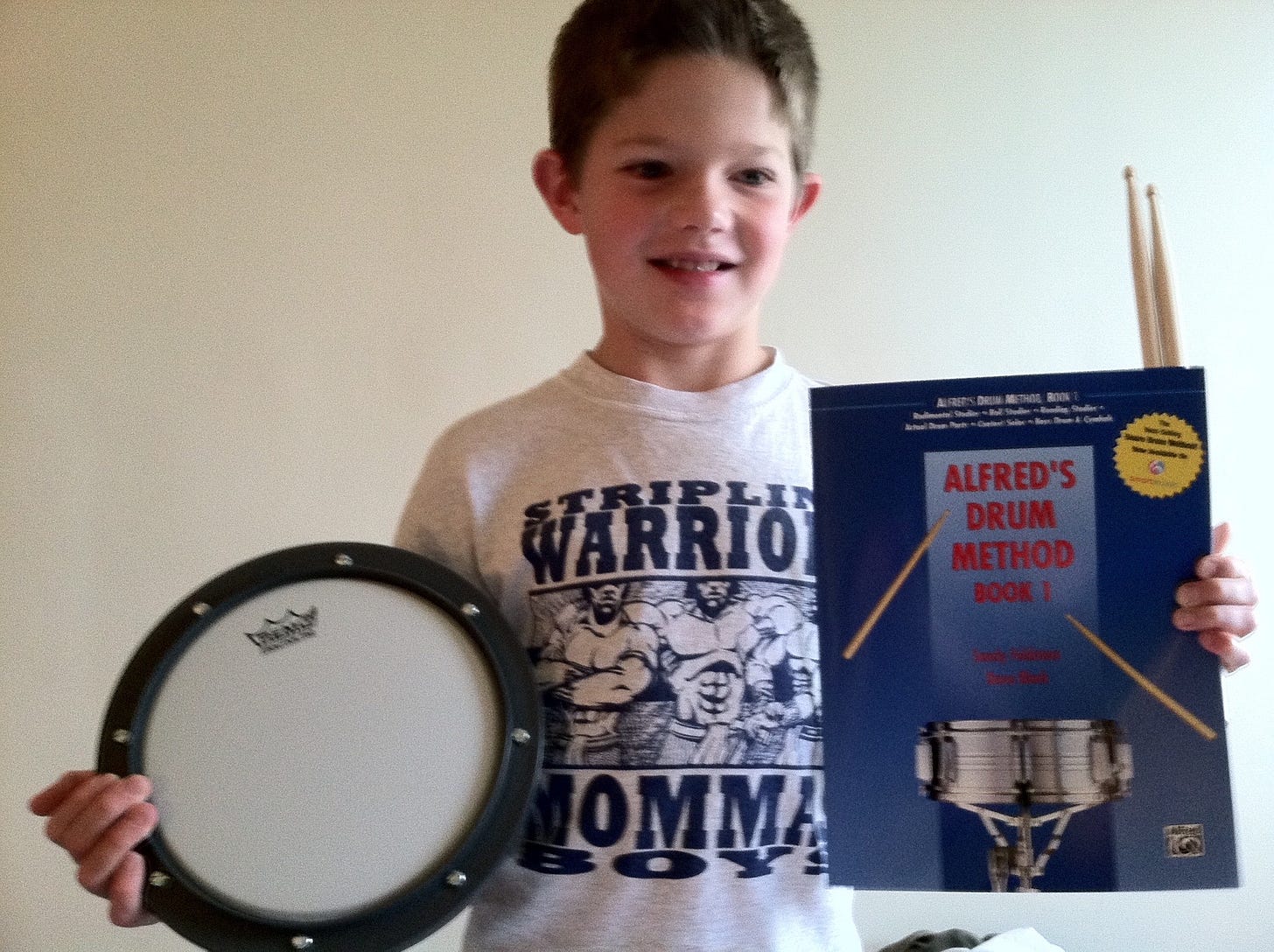
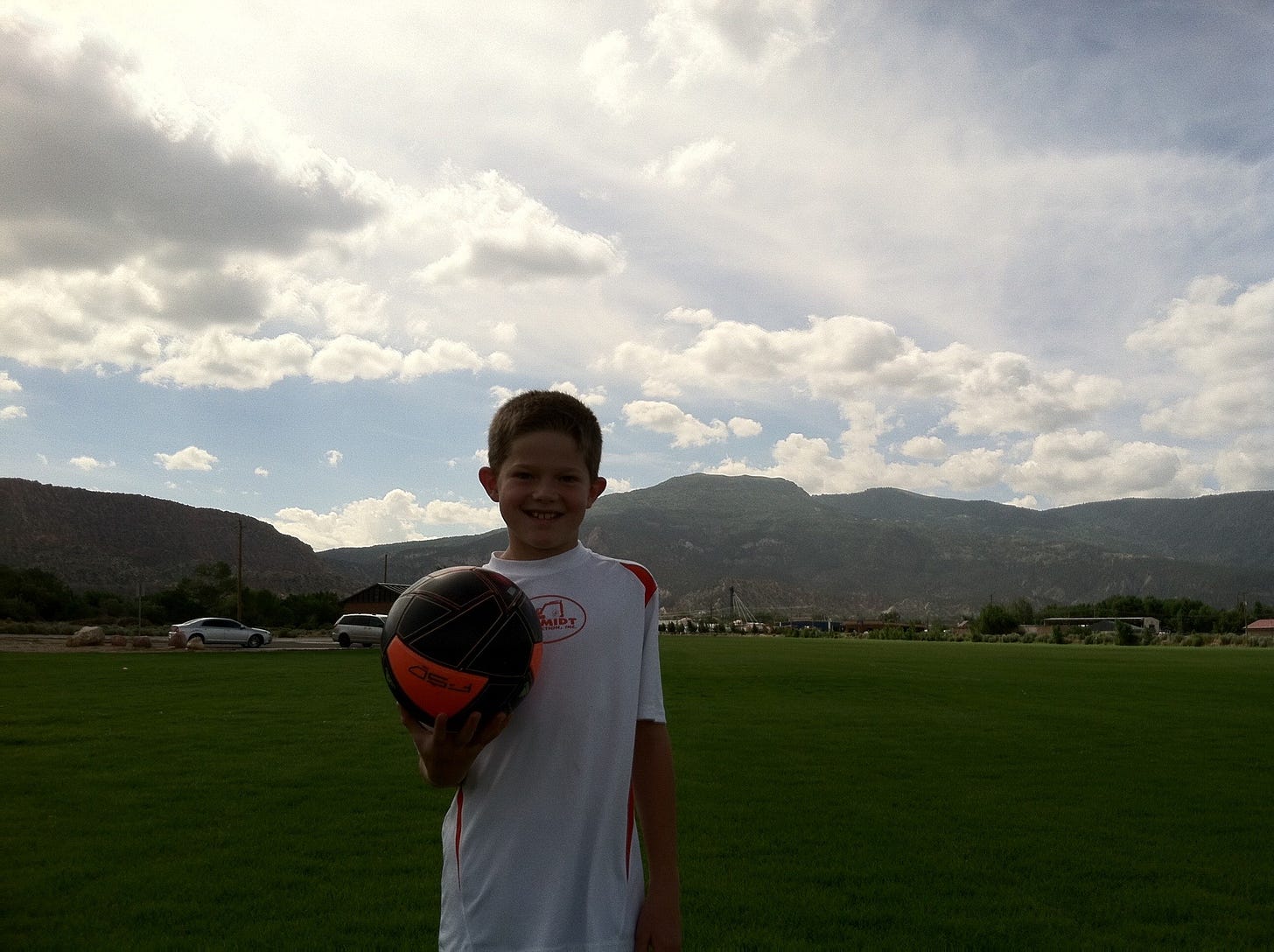
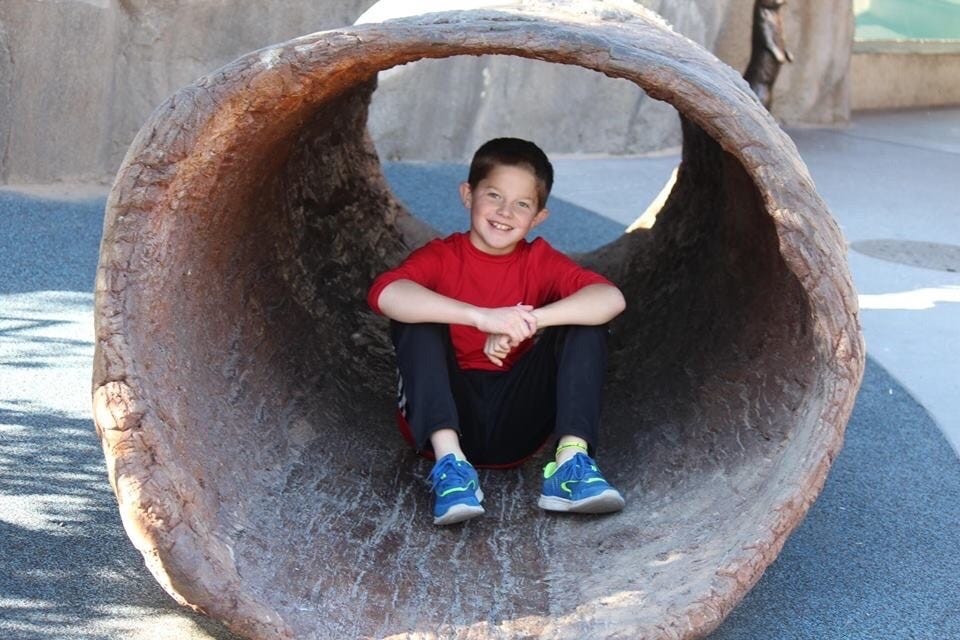
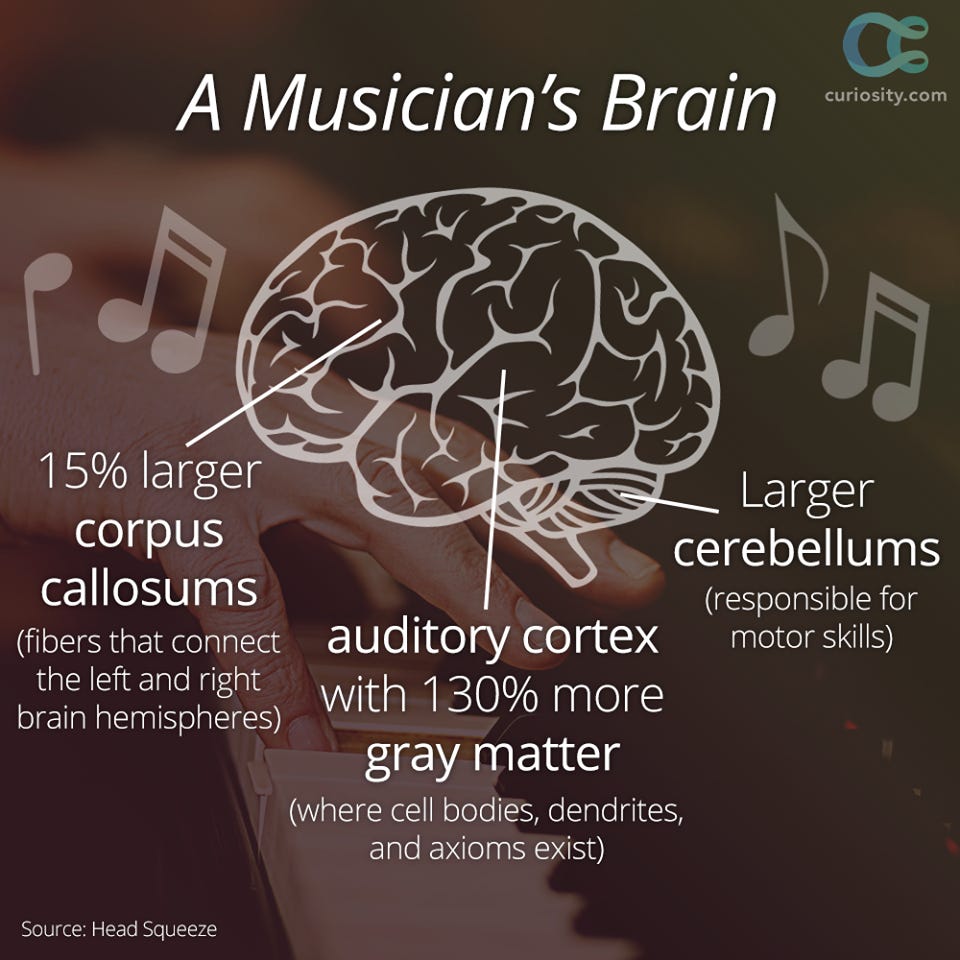
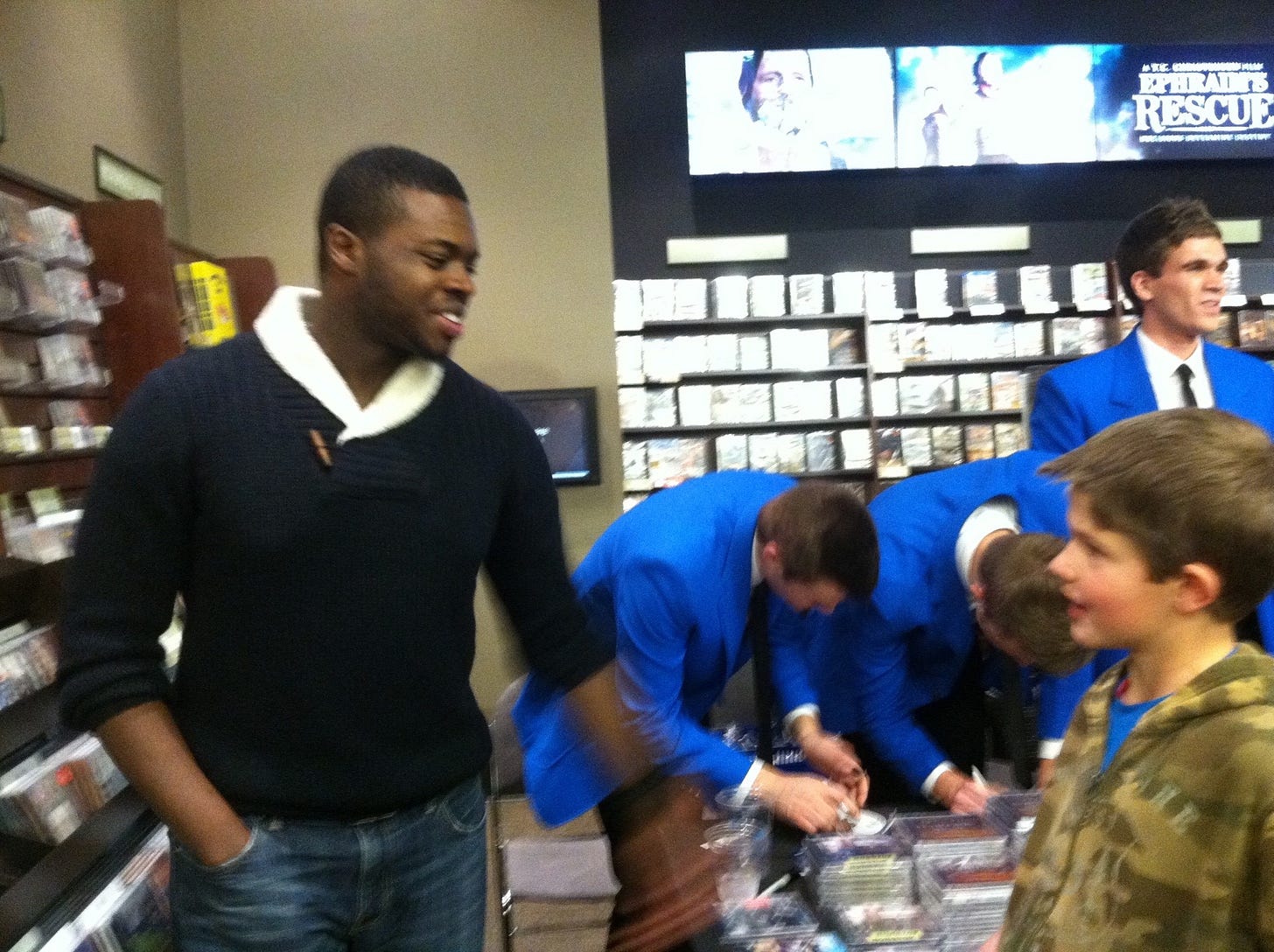
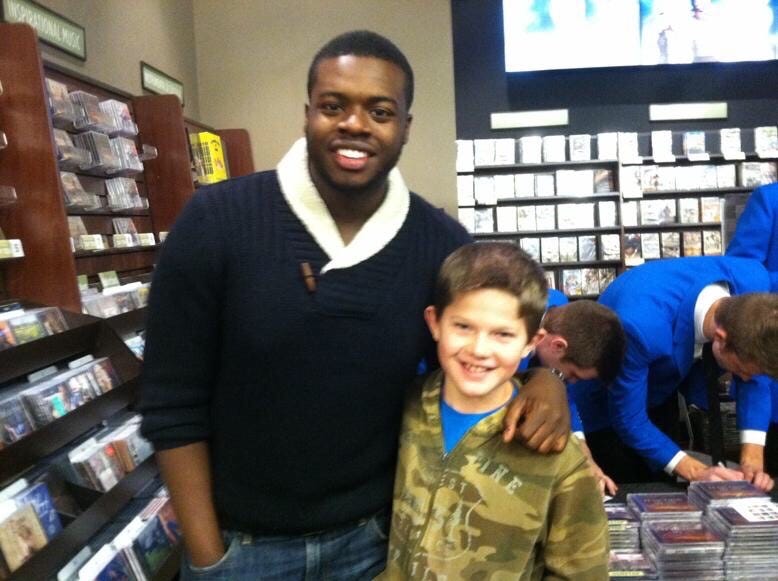


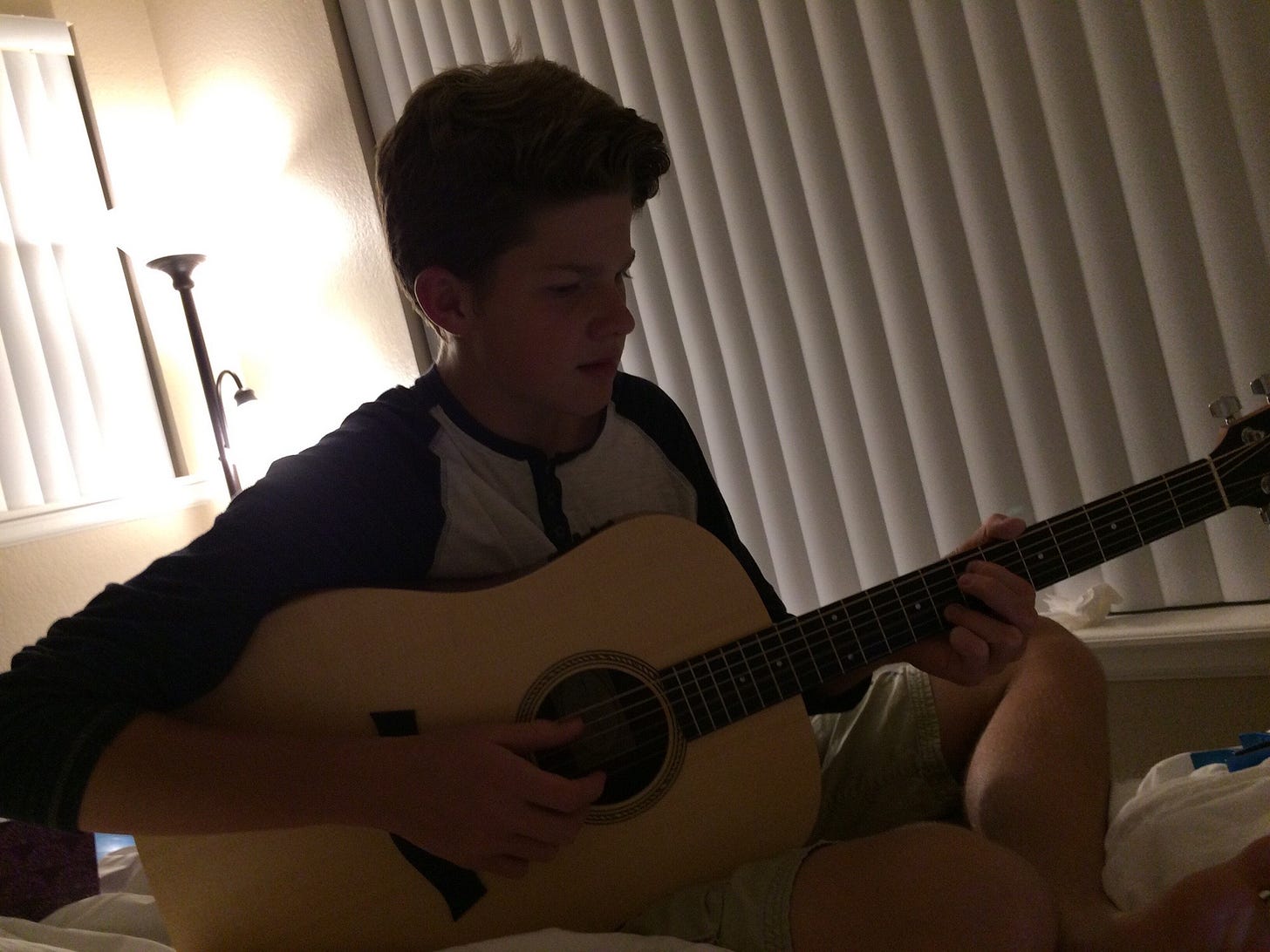

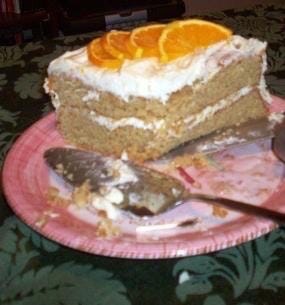
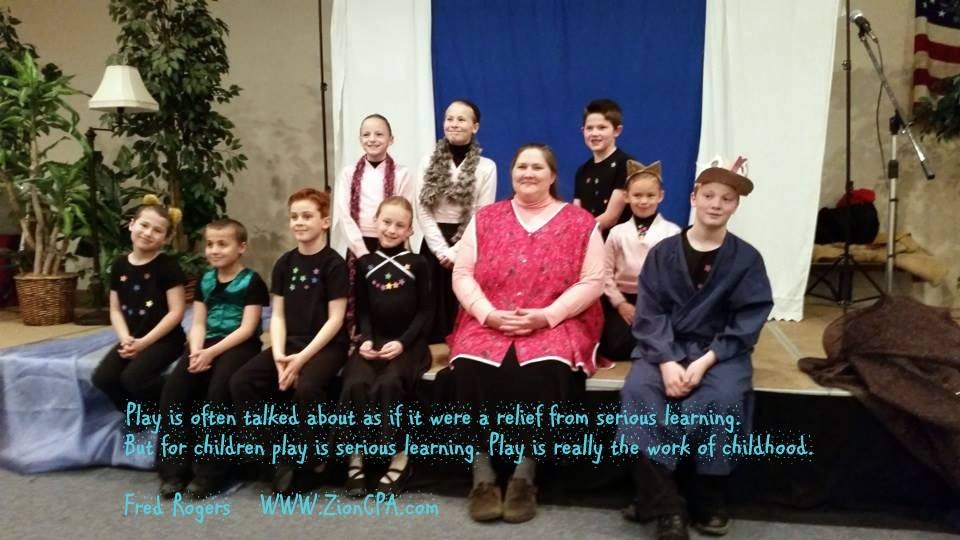

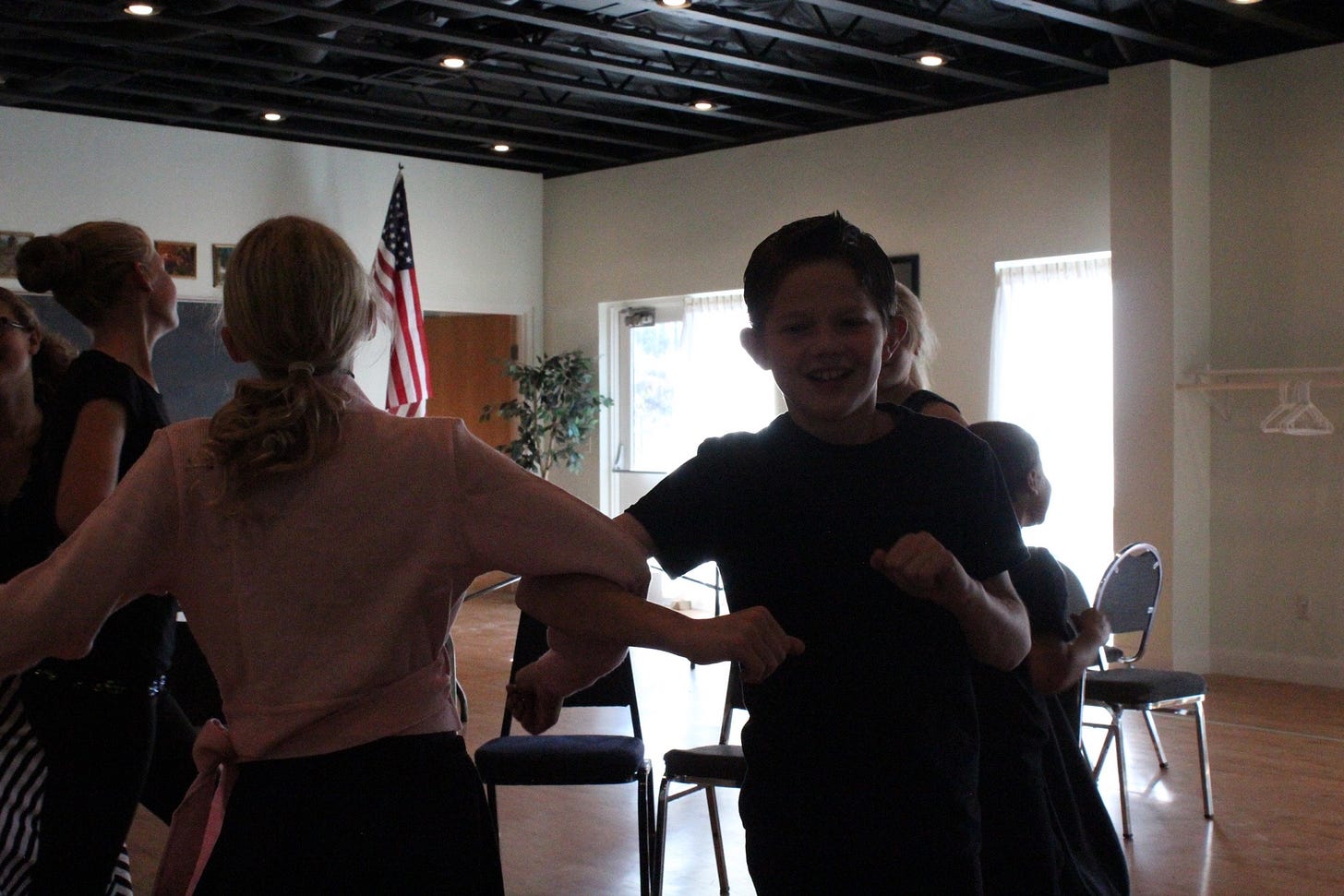

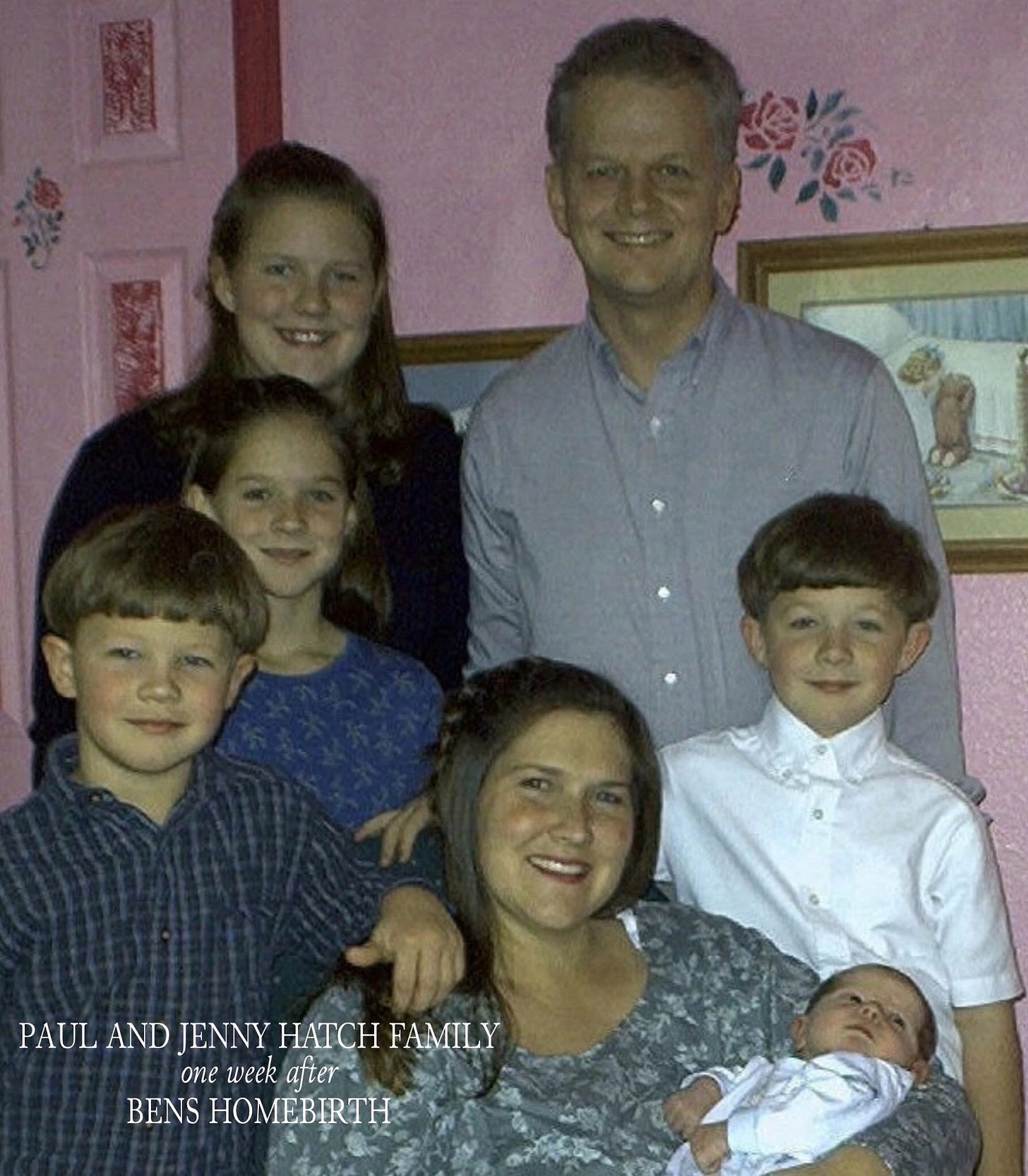
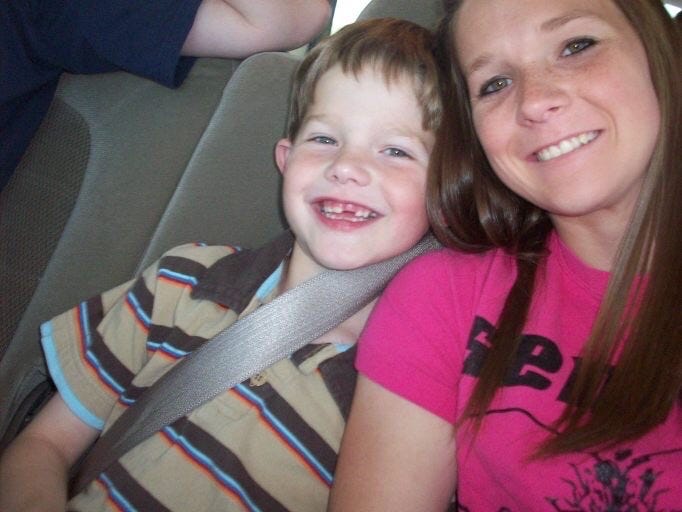


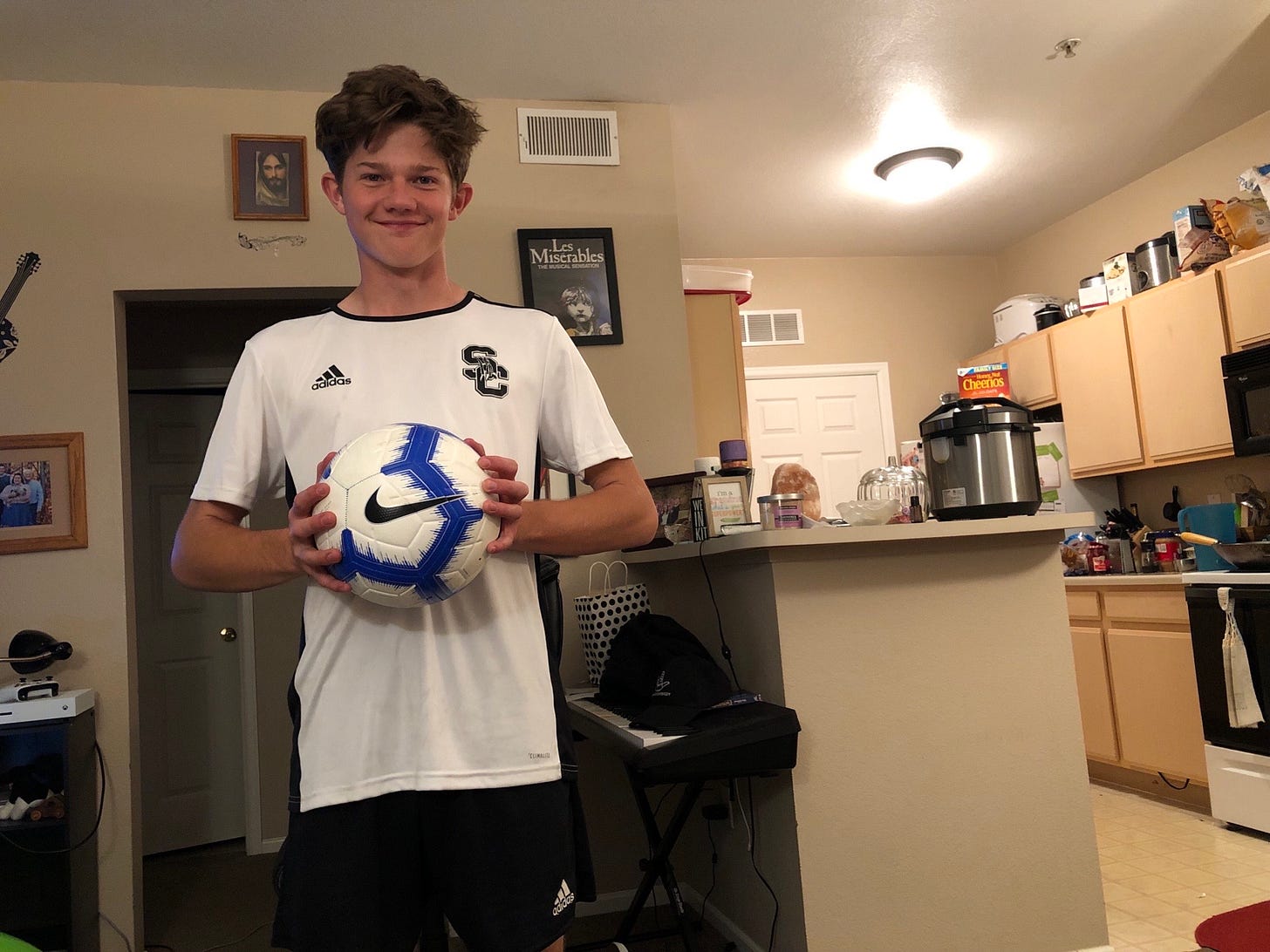
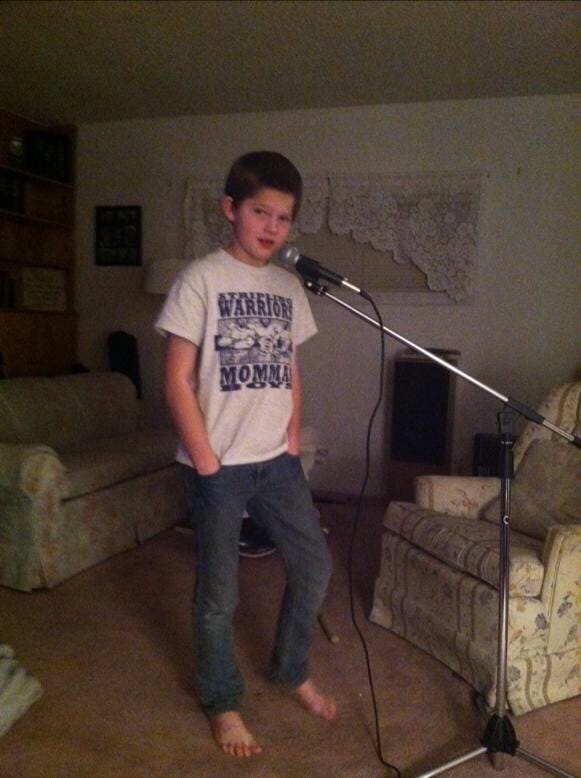


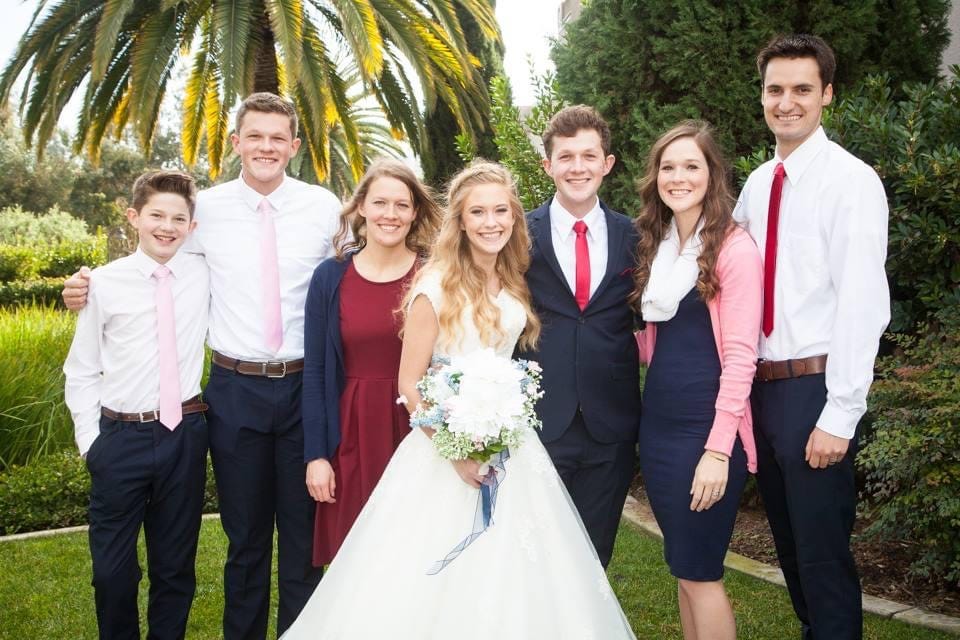
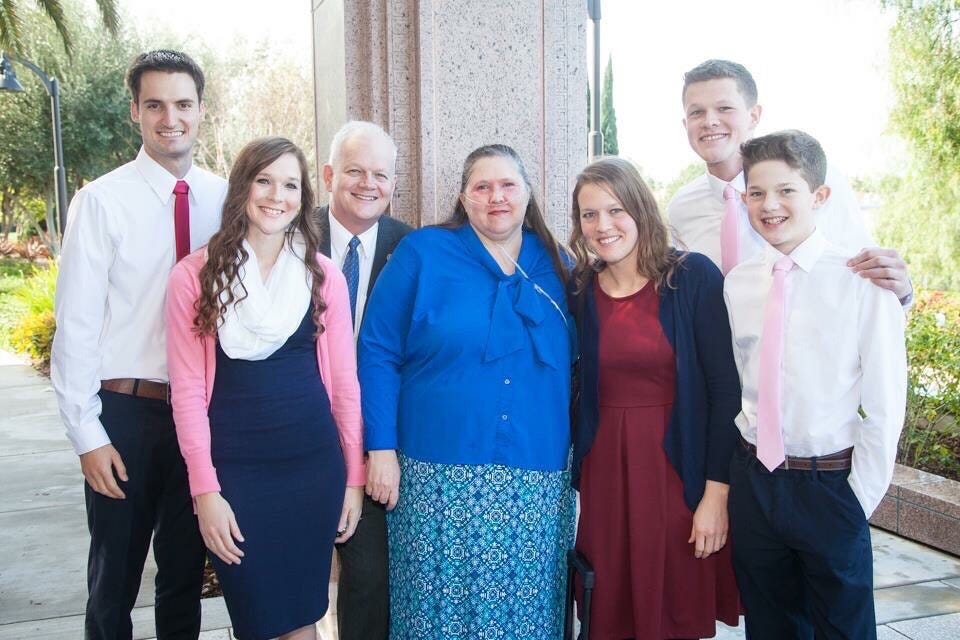
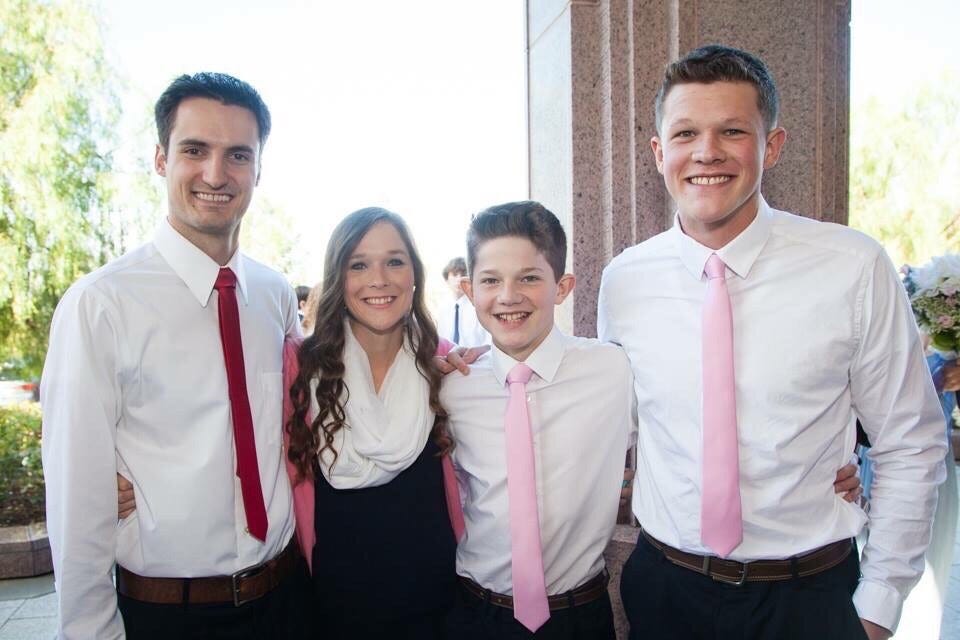
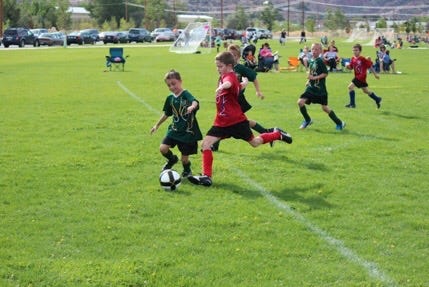
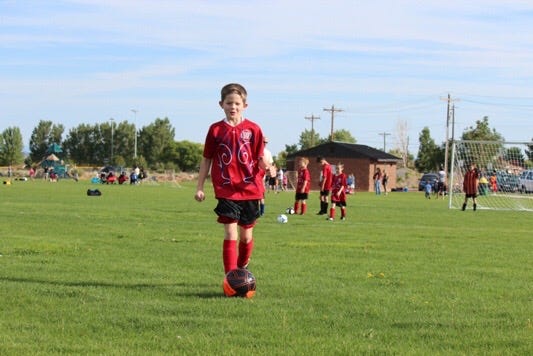


Share this post